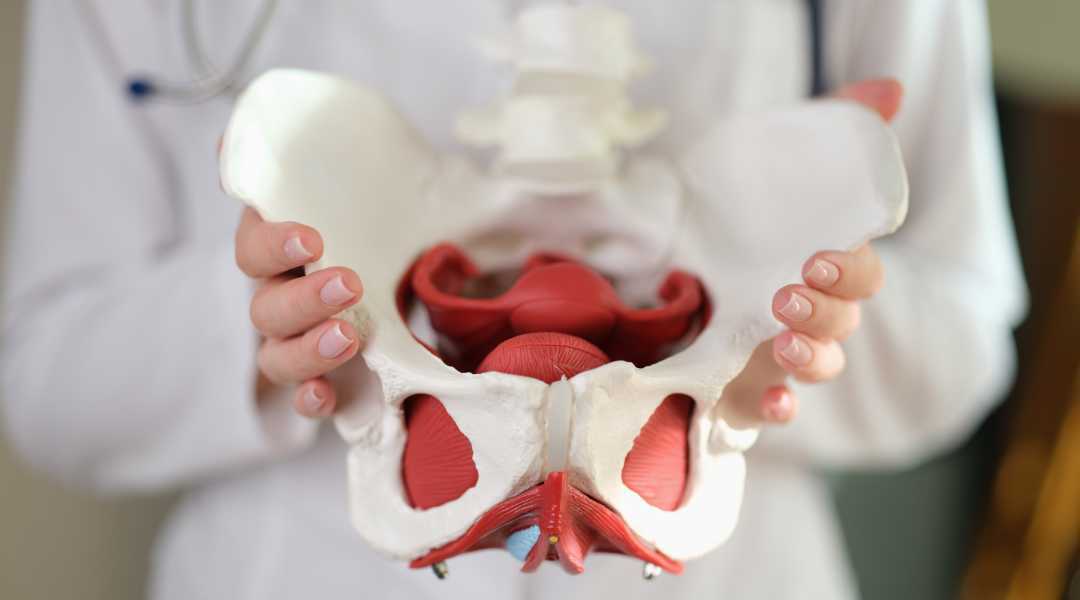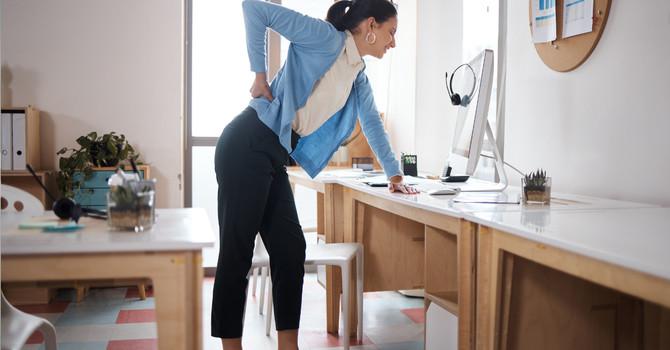
Traveling can be exciting, but it also presents unique challenges when it comes to maintaining pelvic health and hormone balance for women. The combination of time zone changes, stress, disrupted sleep, prolonged sitting, sub-optimal food choices, and the overall shift in routine can have an impact on our well-being.
After reflecting on my recent travels on the East Coast, I wanted to explore the various challenges women face while traveling and provide practical strategies to help you stay in harmony with your pelvic health and hormone balance on the road.
Traveling across time zones can disrupt your body's internal clock, leading to hormone imbalances and fatigue. Here's what you can do:
- Gradually adjust your sleep schedule a few days before traveling.
- Once you reach your destination, try to adapt to the local time as soon as possible by exposing yourself to natural light upon waking and regulating your sleep and meal times accordingly.
- Stay hydrated with water and electrolytes and avoid alcohol and sugary beverages to help alleviate symptoms of jet lag. I know this can be tricky with the drink options on flights, but I like to bring my own herbal tea bags and ask for hot water on my flights.
Traveling can often come with its fair share of stressors, from navigating unfamiliar places to dealing with logistical challenges. To manage stress and maintain hormonal balance:
- Practice stress management techniques such as deep breathing exercises, meditation, or yoga. This can be thrown into your morning and evening routine and even throughout the day, for example on the plane, car or train. Consider downloading apps such as Insight Timer or Balance to listen to as you're able.
- Prioritize self-care activities that bring you joy and relaxation, such as taking a bath, reading a book, or listening to calming music.
Quality sleep is crucial for hormone regulation and overall well-being. Follow these tips to ensure a restful night's sleep:
- Create a comfortable sleep environment by using an eye mask, earplugs, or a travel-sized pillow.
- Establish a calming bedtime routine, even while on the road. This may include reading, listening to soothing music, or practicing gentle stretches.
- Minimize exposure to electronic devices before bed, as the blue light emitted can disrupt sleep patterns.
Sitting for long periods during travel can contribute to pelvic discomfort and circulatory issues. Try these suggestions to counteract the effects of prolonged sitting:
- Take regular breaks to stretch and move around during flights or road trips.
- Perform simple exercises such as seated heel raises and seated twists to keep the blood flowing and maintain pelvic health.
- Consider traveling with a cushion with a cut-out for your tailbone to take pressure off the pelvic floor and spine.
Eating out while traveling can present challenges in maintaining a balanced diet. Consider the following strategies:
- Opt for nutritious, whole-food options whenever possible, including fruits, vegetables, healthy fats and lean proteins. Prioritize fiber-rich foods to support digestive health and regular bowel movements.
- Grocery shop when you arrive and stock up on healthy snacks like olives and seed crackers, apple and almond butter and chomps beef sticks. If you have a place to cook, try to do breakfasts and lunches at home.
- If you do go out to eat, look for farm-to-table restaurants with organic options that offer healthier choices or accommodate specific dietary needs.
Traveling can disrupt regular bowel movements, leading to discomfort and bloating. Here's how to stay on top of this:
- Eat foods high in fiber, such as seeds, fruits, and vegetables.
- Stay hydrated by drinking plenty of water and electrolytes throughout the day.
- Take magnesium while traveling and consider taking a natural fiber supplement or probiotics to maintain regularity.
- Travel with a travel squatty potty to make sure your toiletting mechanics are optimal for emptying fully.
- Plan for leisurely mornings that allow you to take your time, engage in gentle movement, and nourish your body with a healthy breakfast. This will facilitate a smooth and satisfying bowel movement to kick-start your day on a positive note.
Balancing social engagements with personal boundaries is vital for emotional well-being. Consider these tips:
- Set realistic expectations and allow yourself alone time when needed. I had to do this many times on my recent travels and it really is a game changer for protecting your energy, reflecting, and paying attention to your body and needs.
- Communicate your needs to travel companions and find a balance between socializing and self-care.
Staying active while traveling contributes to hormone balance and pelvic health. Incorporate these ideas:
- Incorporate physical activity into your travel itinerary. Explore the local surroundings by walking, hiking, or biking.
- Pack lightweight exercise equipment like resistance bands or a jump rope for quick and effective workouts in your hotel room or outdoor spaces. There are so many simple body weight exercises you can do too like squats, lunges, push-ups, planks, single leg RDL's and side planks to name a few.
- Seek out fitness classes or activities unique to your destination, such as yoga on the beach, rock climbing, a running group or dance lessons.
Traveling as a woman can be such an adventure, but it's so important to prioritize pelvic health and hormone balance along the way. By being mindful of time zone changes, managing stress, prioritizing quality sleep, staying active, making smart food choices, maintaining regular bowel movements, finding a balance in socialization, and being aware of prolonged sitting, you can overcome the challenges and stay on track.
Remember, every woman's body is unique, so listen to your body's cues and adjust your strategies accordingly. Prioritizing self-care and staying attuned to your well-being will ensure that you have a lovely travel experience.
Happy Travels!!
Dr. Emily Mason
Contact Me


